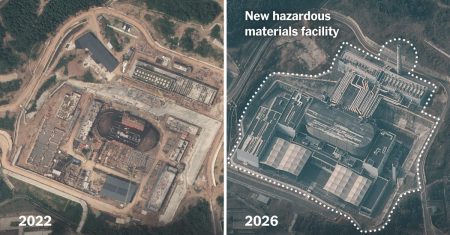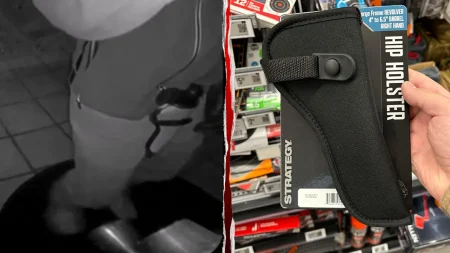In today’s competitive retail landscape, giants like Amazon, Walmart, and Target have recognized a critical link between fast delivery and customer spending habits. Research suggests that consumers are more inclined to increase their purchasing frequency when they experience efficient and rapid fulfillment of online orders. This realization has driven these retailers to invest heavily in logistics and supply chain management, enabling them to offer same-day or next-day delivery options to enhance customer satisfaction and loyalty. Such strategies are not merely logistical improvements; they are part of a broader psychological understanding of consumer behavior that emphasizes convenience and speed.
This focus on prompt delivery is rooted in the changing expectations of shoppers, who increasingly favor immediate gratification. With the rise of e-commerce, customers are no longer willing to wait days for products to arrive at their doorstep. The implementation of advanced fulfillment centers and the integration of sophisticated inventory management software allows retailers to streamline their processes and meet the demands of today’s consumers effectively. As a result, satisfying immediate needs leads to increased customer retention, as consumers are more likely to return to retailers who offer quick and reliable service.
Additionally, the success of fast shipping has created a competitive environment where retailers must continuously one-up each other. Companies are not only racing to improve their delivery speeds but are also innovating in various aspects of their operations, from adopting automation in warehouses to utilizing advanced analytics to predict consumer needs. These efforts not only enhance the overall shopping experience but also reinforce the notion that convenience translates directly into sales growth. For consumers, this means that quick access to products is a key factor driving their affinity toward certain brands and retailers.
Moreover, the impact of rapid fulfillment extends beyond immediate sales. When retailers can offer same-day delivery, it cultivates a psychological reliance among consumers, making them more likely to turn to these retailers for future purchases. This effect is compounded by the convenience of digital platforms, where shoppers have easy access to previously purchased items, recommendations, and promotional deals. By ensuring that customers can receive their orders without delay, retailers thereby create a cycle of loyalty and increased spending, as consumers become accustomed to the reliability and speed of their service.
In the context of evolving consumer behavior, social and economic factors must also be considered. With the ongoing shifts toward online shopping, particularly accelerated by the COVID-19 pandemic, retailers are adapting to meet the expanding demand for quick and efficient service. The trend shows no signs of slowing down, suggesting that investing in modern logistics will become even more crucial. Retailers that successfully adapt to these changing consumer expectations will likely emerge as leaders in the market, not just through sales but by establishing strong brand loyalty fueled by exceptional service.
Ultimately, the correlation between timely delivery and consumer spending reveals a fundamental transformation in the retail industry. As companies like Amazon, Walmart, and Target capitalize on this insight through disciplined investments in their operations, they continue to reshape what consumers expect from their buying experiences. The strategy is clear: by meeting and exceeding consumer demands for speed and convenience, retailers are paving the way for sustained growth and profitability in an increasingly digital marketplace. This dynamic illustrates that in retail, the ability to deliver quickly has become as important as the products themselves, underscoring the importance of logistics as a core component of business strategy.











